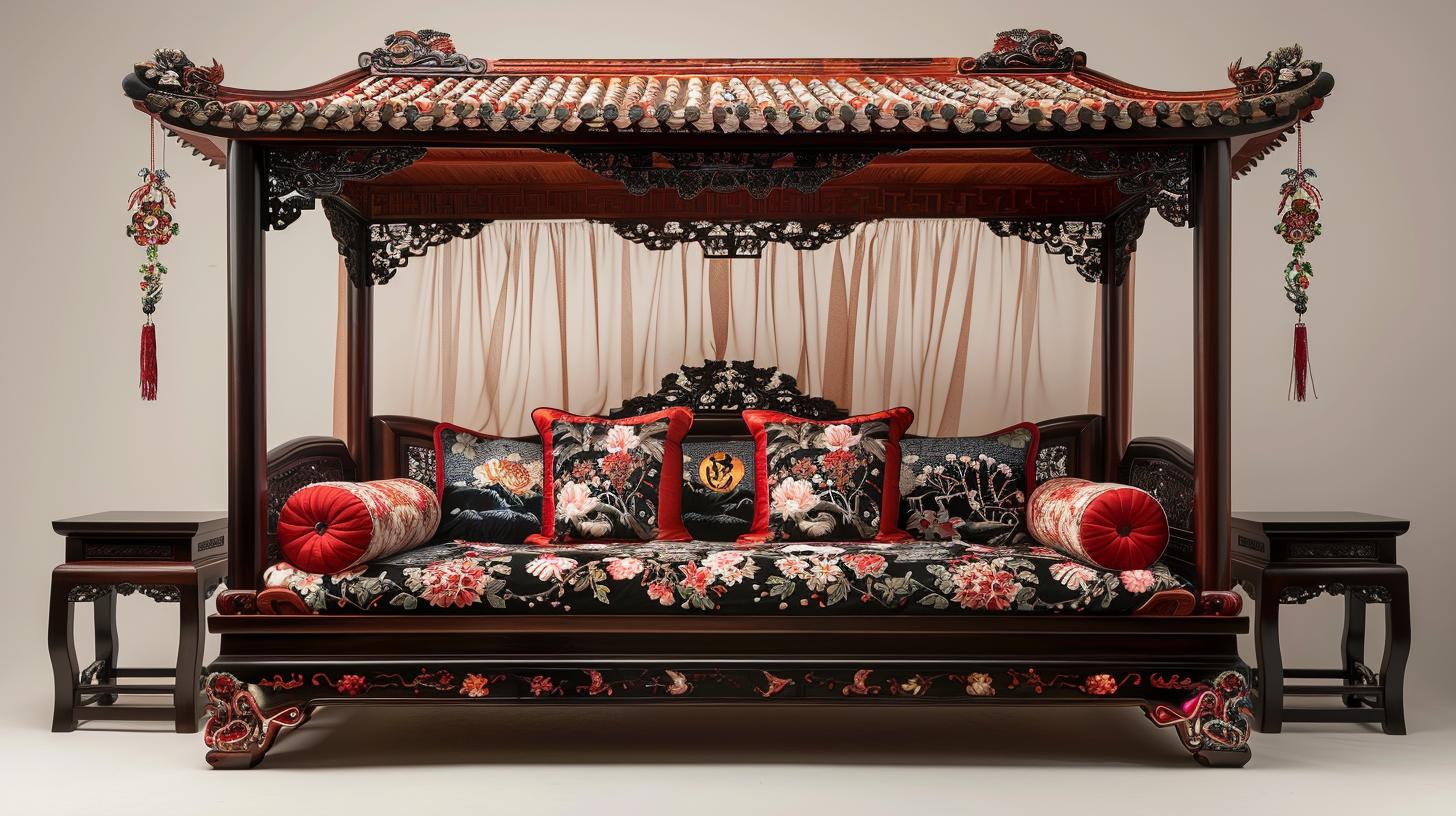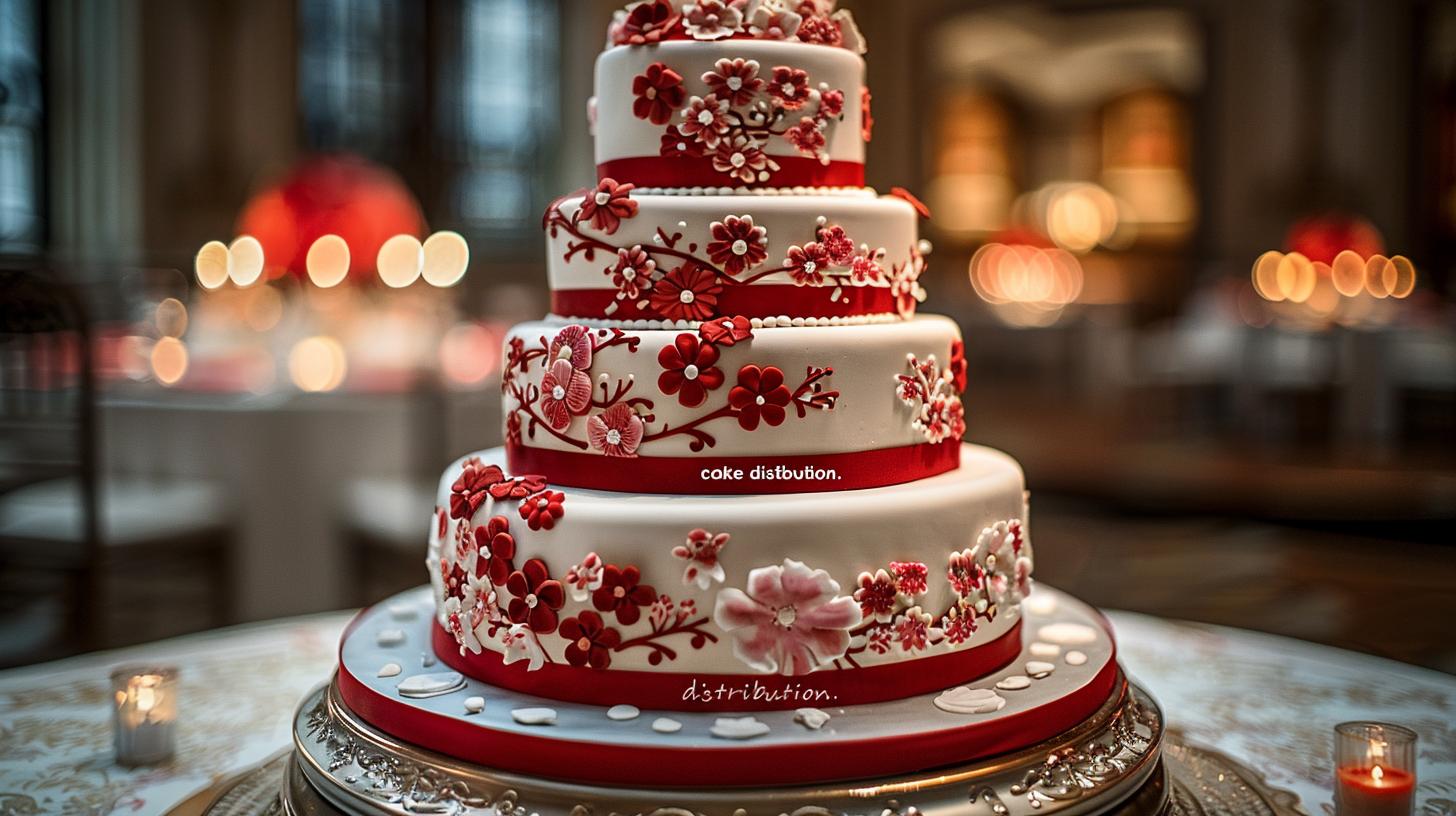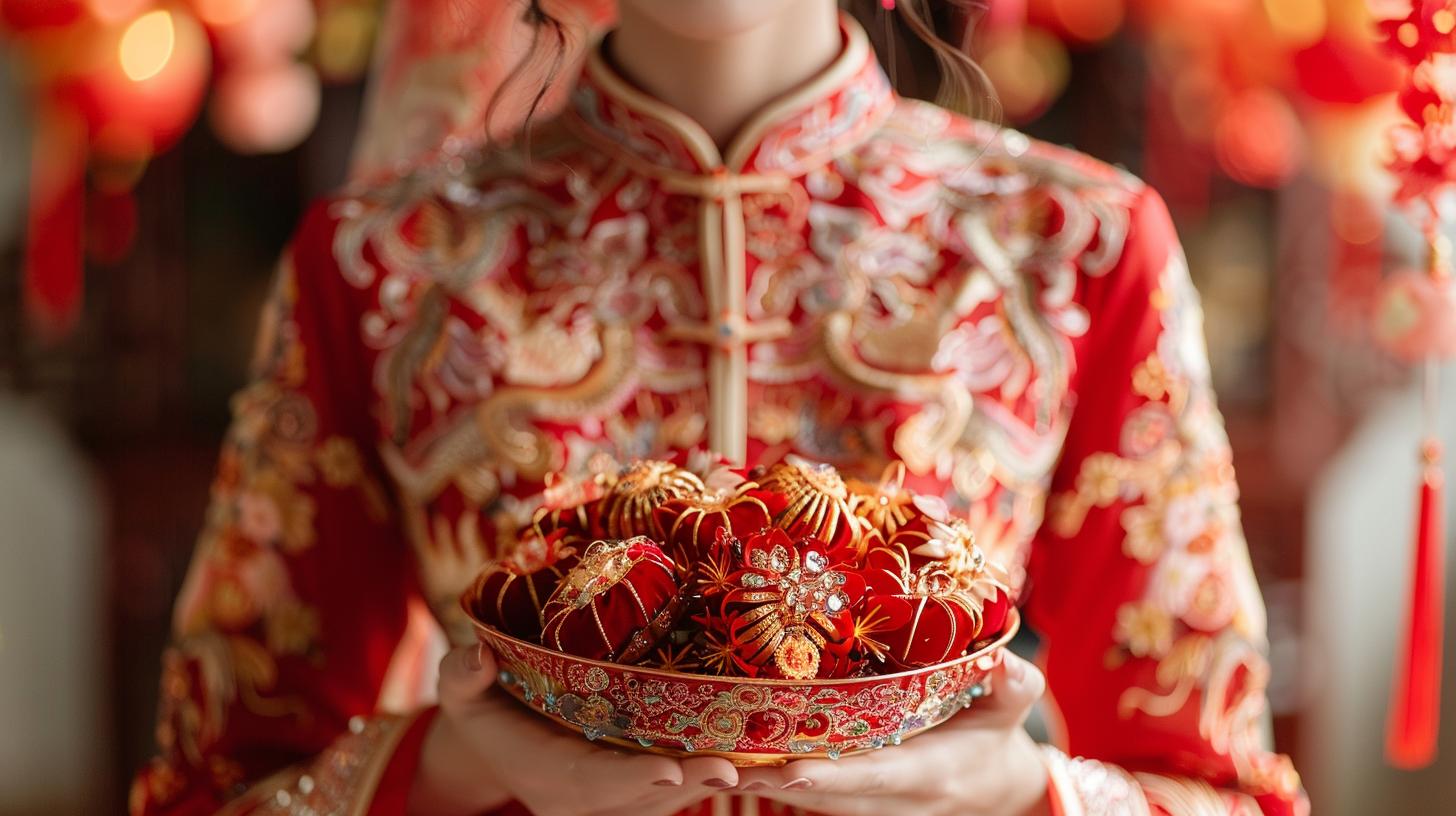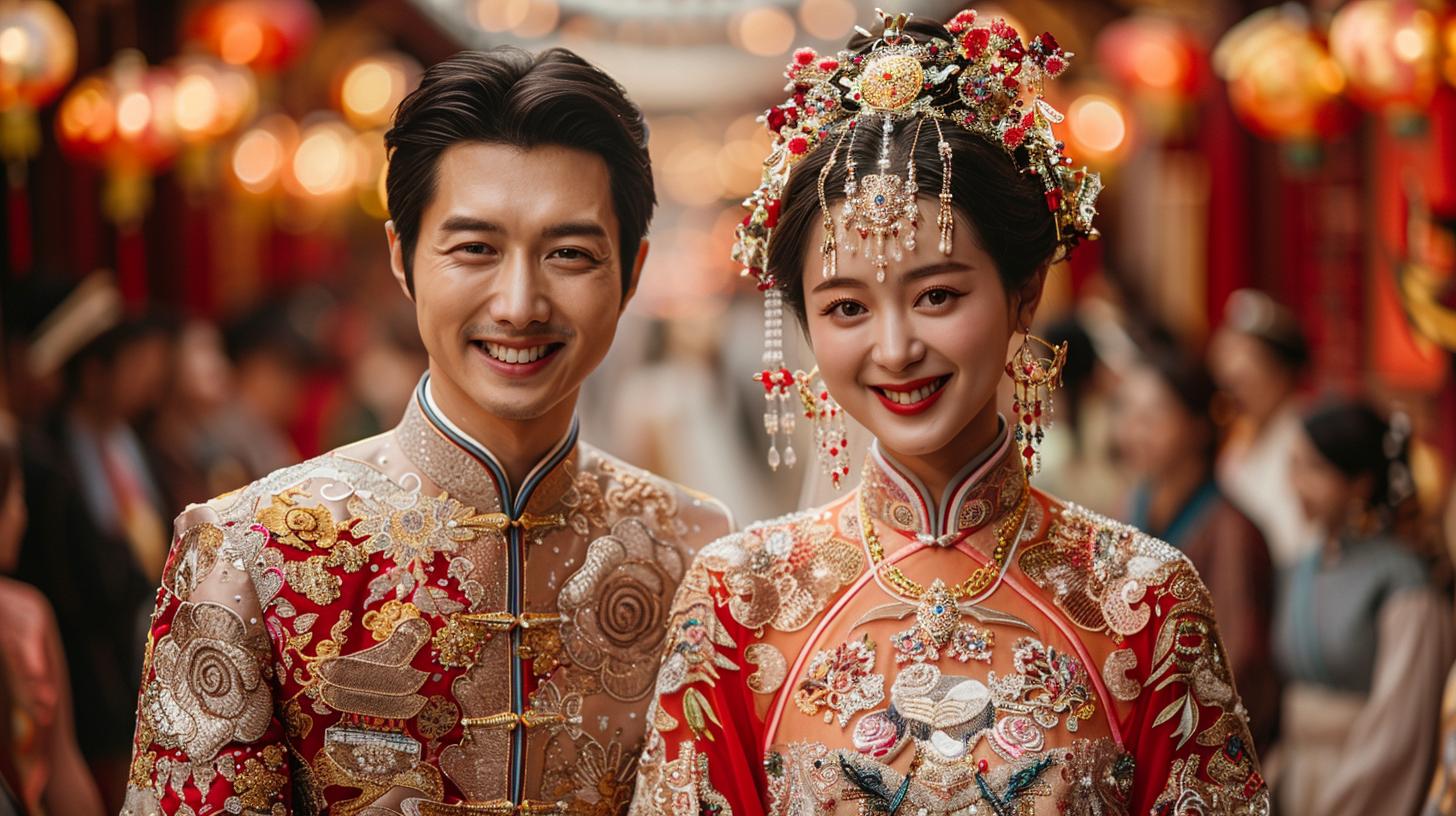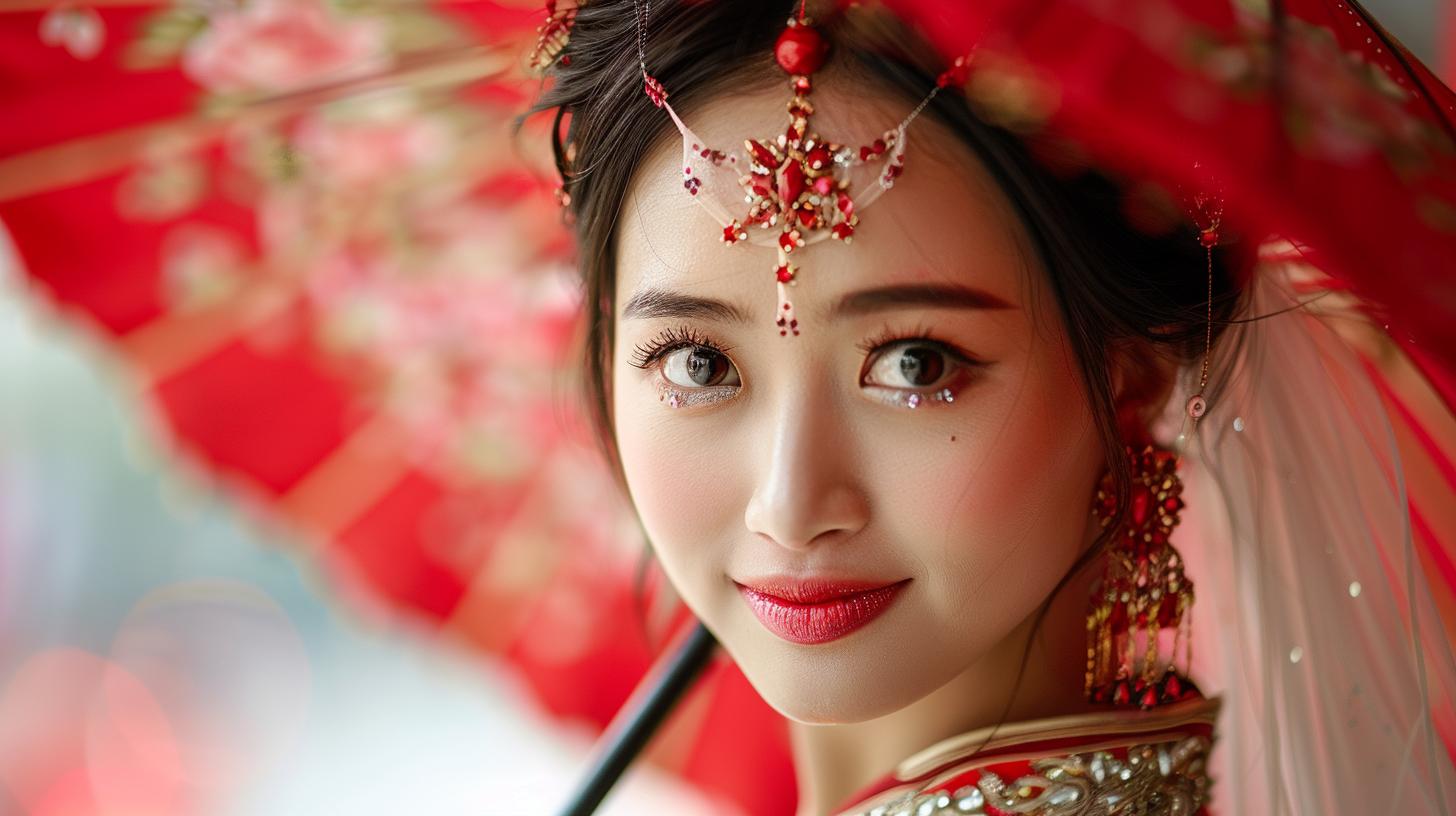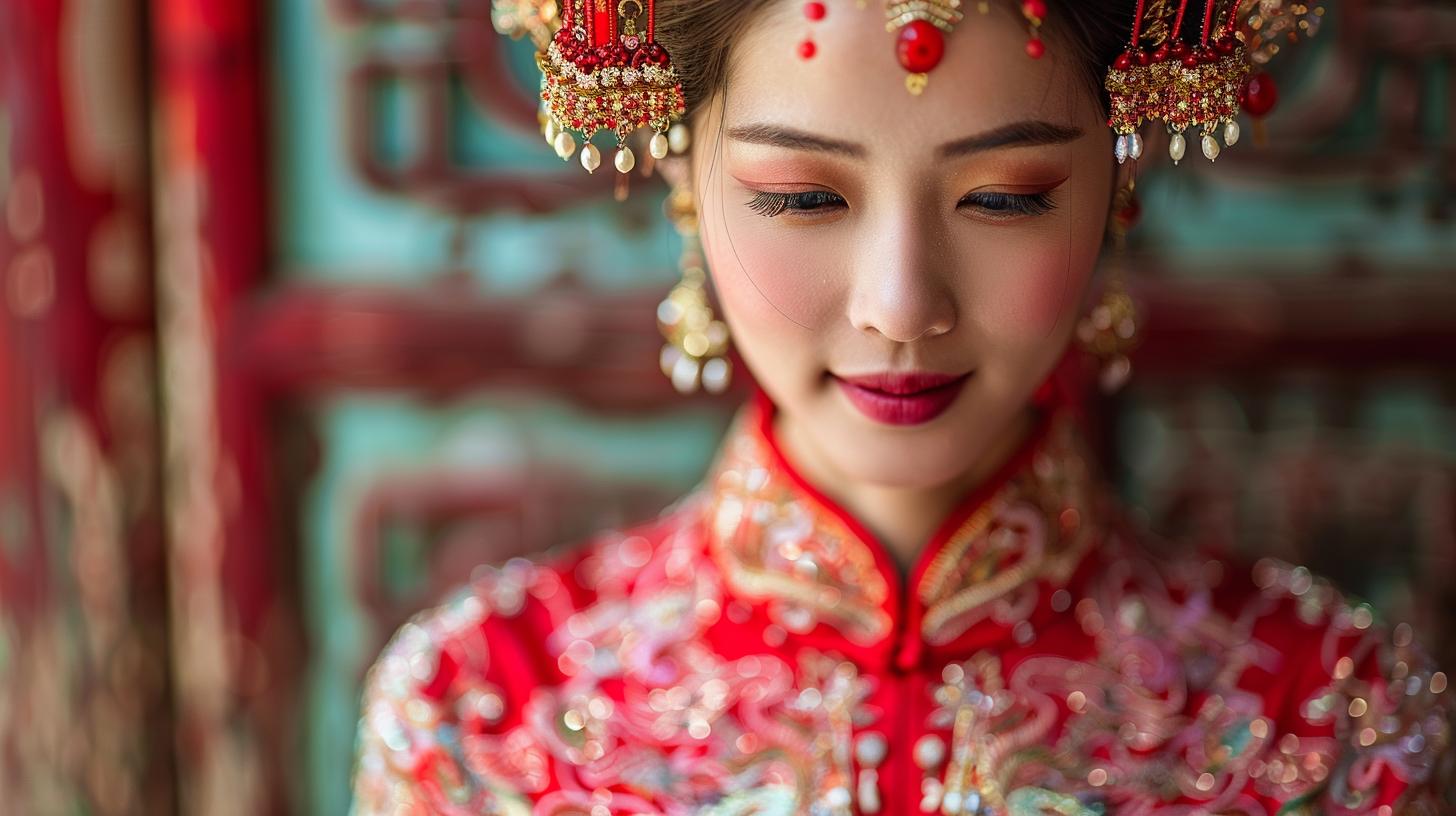What Are Chinese Wedding Traditions: A Deep Dive Into Rich Cultural Customs
Chinese wedding traditions are deeply rooted in cultural symbolism and significance. From the color choices to the ceremonial rituals, every aspect is rich with meaning. The use of red and gold symbolizes love, happiness, and prosperity, while the traditional tea ceremony honors family.
Choosing an auspicious wedding date is crucial for a successful marriage, according to Chinese tradition. Various customs, such as gold jewelry proposals and bed preparations, are essential for fertility and longevity.
The wedding day itself is filled with symbolic gestures and traditions that celebrate the union of the couple.
Chinese Wedding Traditions and Their Significance
Chinese wedding traditions are deeply rooted in cultural symbolism and play a significant role in the celebration of marriage. These traditions are rich in meaning and reflect the values and beliefs of Chinese culture.
Symbolism of Red and Gold in Chinese Weddings
The colors red and gold hold special significance in Chinese weddings. Red symbolizes love, happiness, and prosperity, while gold represents wealth and good fortune. The use of these colors in wedding decor and attire is believed to bring luck and blessings to the couple.
The Traditional Tea Ceremony
The traditional tea ceremony is a symbolic ritual that is an integral part of Chinese wedding customs. It symbolizes respect, gratitude, and the honoring of family members. The bride and groom serve tea to their parents and elders as a sign of appreciation for their love and support.
Selecting an Auspicious Wedding Date
Choosing an auspicious wedding date is a crucial step in Chinese wedding traditions. Couples often consult with a Feng Shui master or an astrologer to select a date that is believed to bring good luck and prosperity to their marriage.
The zodiac signs of the couple also play a significant role in determining the most auspicious date for the wedding.
Pre-Wedding Customs and Rituals
Pre-Wedding Customs and Rituals in Chinese weddings hold deep cultural significance, reflecting traditions that date back centuries. These rituals are meticulously planned and performed to bring luck, prosperity, and happiness to the soon-to-be-married couple.
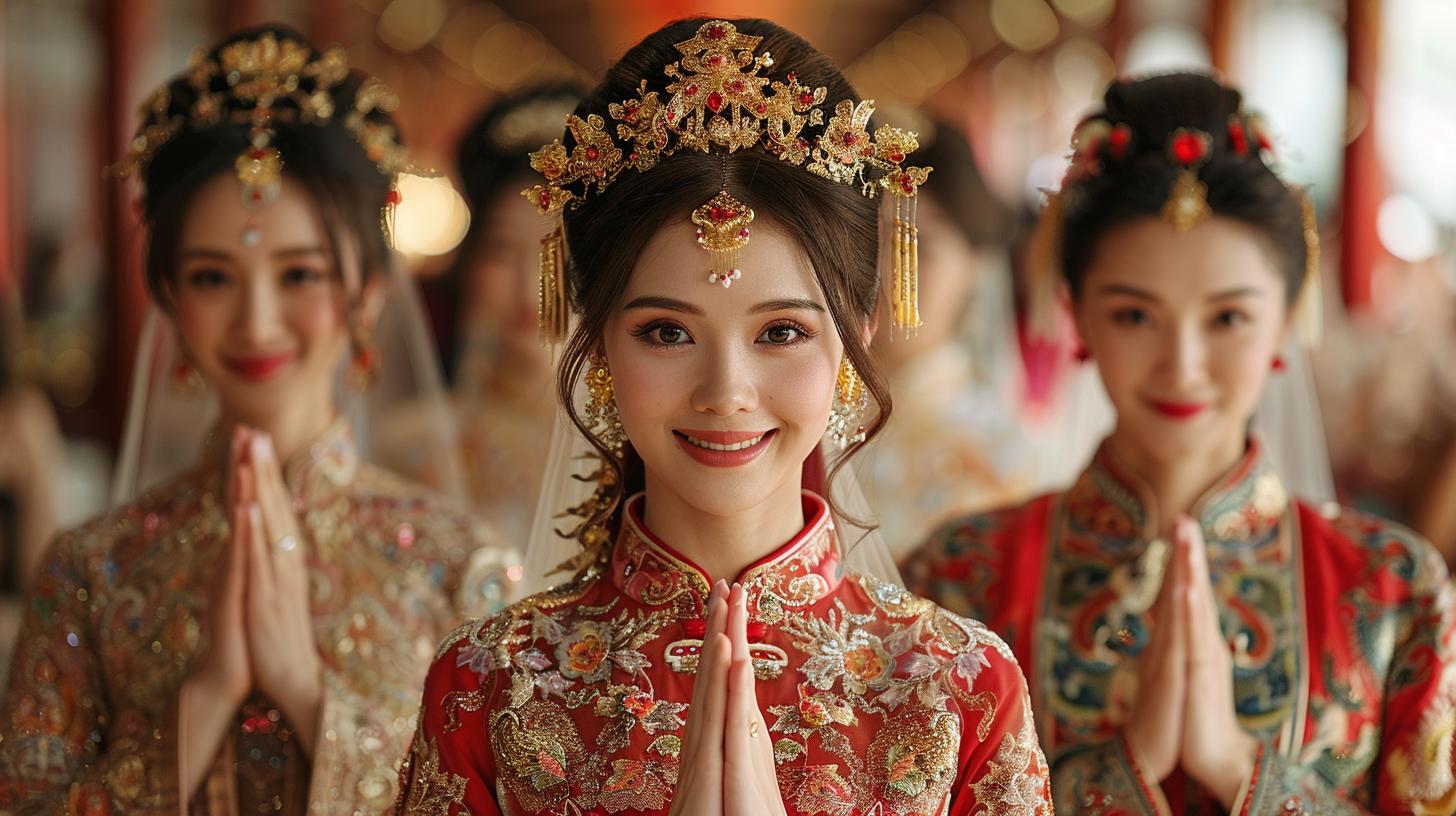
Gold Jewelry Proposal Tradition
The Gold Jewelry Proposal Tradition is a formal gesture of commitment and respect in Chinese culture. It symbolizes the groom’s sincerity and readiness to take on the responsibilities of marriage. By presenting gold jewelry, the groom expresses his intentions to the bride’s family and seeks their blessings for the upcoming union.
Bed Preparation for Fertility and Longevity
Bed Preparation for Fertility and Longevity is a significant pre-wedding custom that emphasizes the importance of a harmonious and fruitful marriage. The bed is adorned with auspicious symbols, such as fruits and nuts, to promote fertility and ensure a long and prosperous union.
This tradition is believed to bring blessings of abundance and prosperity to the newlyweds.
Hair Combing Ceremony
The Hair Combing Ceremony is a symbolic ritual that marks the beginning of a new chapter in the lives of the bride and groom. It is a traditional gesture of respect and care, symbolizing the transition from singlehood to married life.
During this ceremony, the couple’s hair is combed by their parents or elders to signify the union of their families and the start of their journey together.
Wedding Day Traditions
The wedding day is a culmination of Chinese traditions and symbols that reflect the joy and harmony of the union. From the attire and accessories worn by the bride and groom to the decorative elements that symbolize double happiness, every detail is meticulously planned to bring prosperity and happiness to the couple.
Bride and Groom’s Attire and Accessories
The bride and groom’s attire is carefully selected to convey blessings of happiness and prosperity. The bride typically wears a red qipao or a traditional cheongsam, symbolizing good fortune and joy.
The groom complements her in a black or blue silk coat, representing loyalty and stability.
Double Happiness Symbol in Wedding Decor
The double happiness symbol is a common motif in Chinese weddings, reflecting the joy of the occasion and the union of the couple. This symbol, often displayed on decorations and wedding items, represents harmony, luck, and the promise of a blissful marriage.
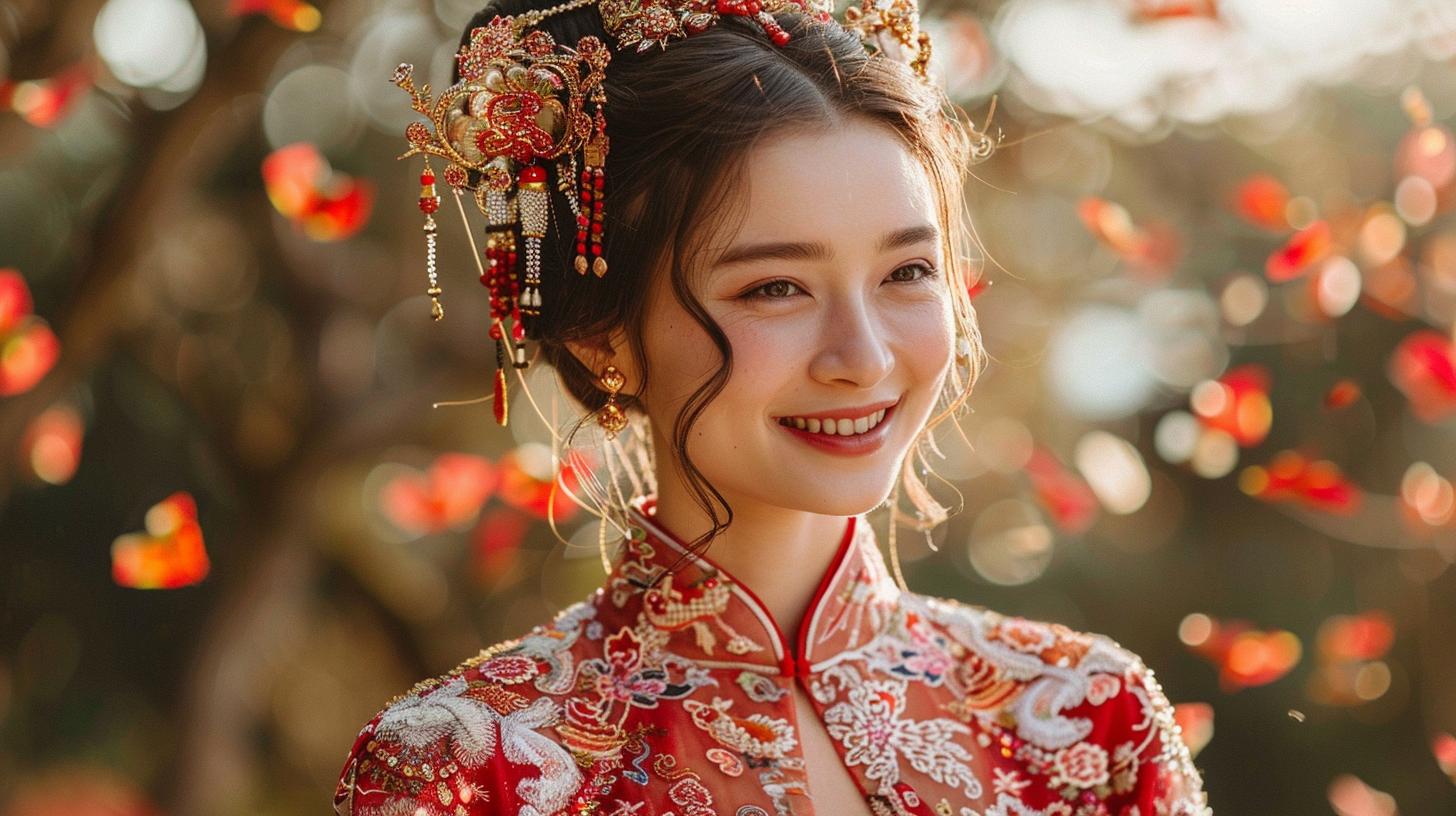
Ceremony at the Family Altar
The ceremony at the family altar is a sacred tradition where the bride and groom pay respects to their ancestors and seek blessings for their marriage. Offerings of food, incense, and symbolic items are made to honor the spirits of past generations and ensure their support for the newlywed couple’s union.
Post-Wedding Customs and Practices
The Wedding Banquet
After the wedding ceremony, the newlyweds host a lavish banquet to celebrate their union. Family and friends gather to enjoy a sumptuous feast, filled with traditional Chinese dishes symbolizing prosperity and happiness.
Tea Ceremony with Cypress Leaves
Following the wedding banquet, a special tea ceremony is held with cypress leaves. This ritual symbolizes the couple’s eternal love and commitment to each other. The fragrance of the cypress leaves is believed to bring good luck and blessings to the newlyweds.
Eating Spicy Foods for Good Fortune
It is customary for the newly married couple to eat spicy foods after the wedding banquet as a symbol of good fortune and happiness in their marriage. Spicy dishes are believed to ward off evil spirits and bring prosperity and longevity to the couple’s union.
.

